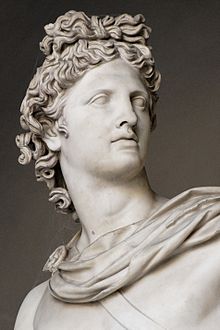But it is well that such great talent live in many different zones, for those who are with greatness born should live not for themselves alone.
Sor Juana is saying that great people do not come from the same place. I believe she is also implying that great writers are not defined by only one gender. She believes that good work can come from men and women. She also is saying that when a person is skilled, they should not only celebrate themselves. I think she wants this man from Peru to see the skills in people other than being closed minded.
 image credit:
image credit: